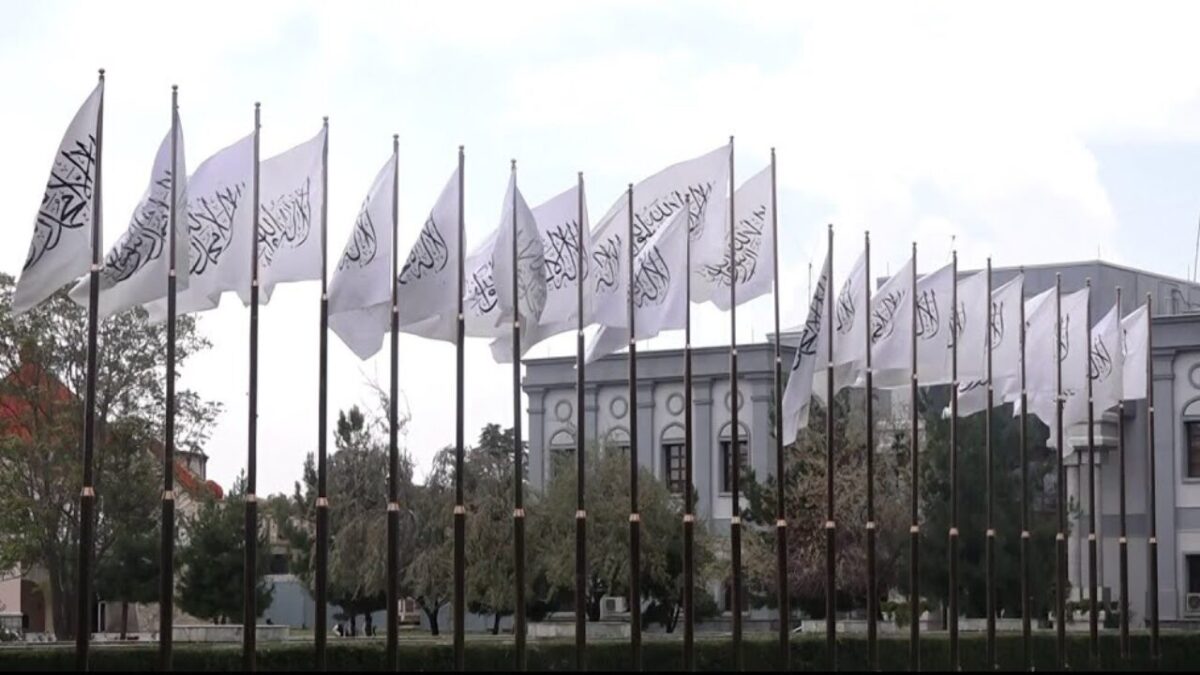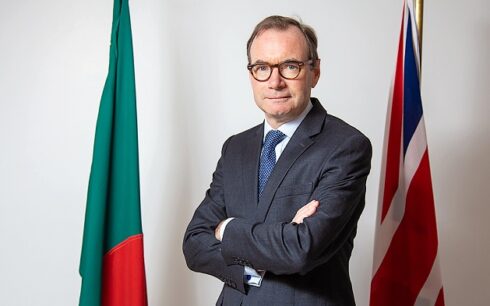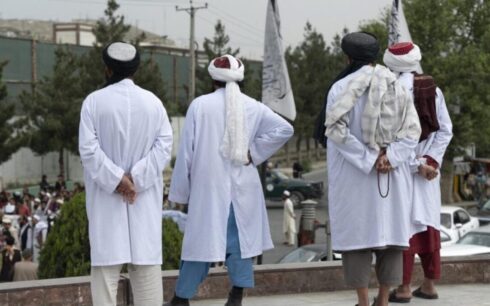The Taliban’s series of press conferences presenting “annual achievements” has concluded, but many senior officials were notably absent from the media. According to footage shared by the Taliban-run Government Media and Information Center (GMIC), only six out of 21 cabinet members appeared to provide updates on their ministries’ performance over the past year.
Key Taliban figures, including Taliban Defense Minister Mohammad Yaqoob Mujahid, Taliban Interior Minister Sirajuddin Haqqani, and Taliban intelligence chief Abdul Haq Wassiq, sent deputies in their place to deliver what was described as “government accountability” reports to the public.
The press conferences, which took place almost daily for the past two months, were part of an initiative originally launched by the previous Afghan government before its collapse in August 2021. Under that system, all ministers and heads of government agencies were expected to publicly present their annual accomplishments. Yet, 15 of the Taliban’s 21 cabinet ministers, including the heads of key ministries such as Defense, Interior, Justice, Education, and Health, did not attend to provide updates on their departments’ activities.
Criticism from citizens has centered on the Taliban’s handling of critical national issues, including women’s education and employment. “The priority for the people, especially women, was education, higher education, employment, and addressing economic problems,” said Mahtab, a resident of Herat. “The Taliban had no plans in this regard. They even banned questions about education, forbidding it until further notice.”
During one of the press conferences, Neda Mohammad Nadim, the acting Minister of Education, reiterated the Taliban’s stance on banning girls’ education. “We made it clear on National TV that we are not yet ready to reopen universities and schools for girls,” Nadim said. “The education for girls has been suspended until further notice, and even questions about this matter are suspended.”
Citizens argue that the Taliban has failed to make significant progress since taking control of Afghanistan. Many claim that not only has the group failed to address the country’s current challenges, but it has also undone many of the advancements made over the past two decades, particularly in the areas of women’s rights and education.
“The Taliban boasts about their achievements, but in reality, they have achieved nothing and only deceived the people. The economic situation remains dire,” said Mohammadullah, another resident of Herat.
The Taliban’s focus on projecting governance through these presentations has done little to allay public concerns, with many Afghans feeling that their most pressing needs continue to go unmet.





